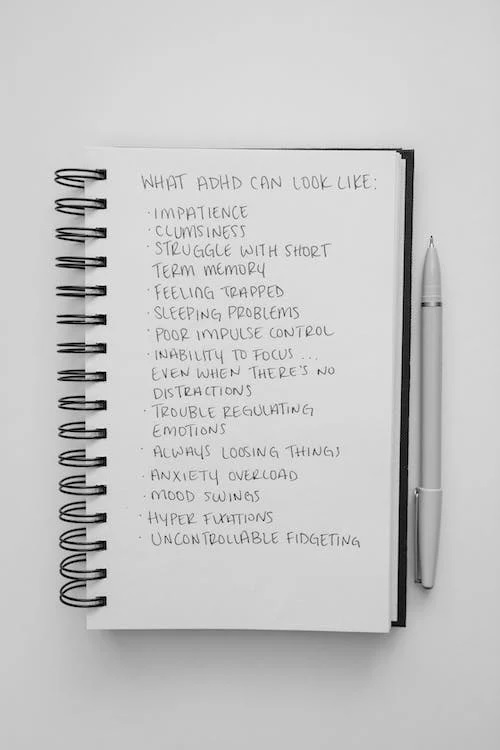A brand new study suggests that adults with ADHD symptoms are much more likely to experience anxiety and depression than those with high autistic traits.
You can read the study in Scientific Reports, but it’s important for a number of reasons.
First, at least in the UK, there’s been a working assumption that autistic traits lead to worse mental health outcomes than ADHD.
Consequently, that’s led to a huge disparity in research funding and resource allocation.
That, in turn, has big consequences.
ADHD affects an estimated 3 to 9 percent of the British population and, thus, that’s a massive cohort that simply isn’t getting the attention it deserves.
If ADHD is, indeed, fueling significant rates of depression and anxiety, then perhaps more money and resources should be spent on combatting ADHD.
That, in turn, could reduce levels of depression and anxiety.
Turning things onto a more micro level, if you’ve been diagnosed with depression or anxiety, you might want to talk with a doctor about ADHD.
There’s a chance that ADHD might be the underlying problem, and therefore, the point of treatment.
Treat the source of the problem. That kind of thing.
As always, talk to your doctor.
Medication is always an option, depending on your doctor’s opinion, and PsychCentral offers additional ways of treating ADHD such as taking supplements, changing diet, improving sleep, avoiding allergens, exercising more, practicing mindfulness, and talk therapy.
There are various levels of scientific support for each, but of course, your doctor will be the best person to put you on a plan for treatment.
And for that…
And with that…
Find a psychiatrist here.
Find a therapist here.
[Photo: Pexels, free stock photgraphy]

